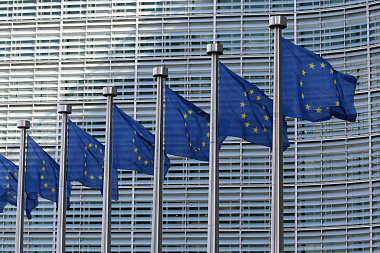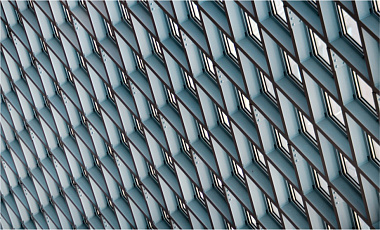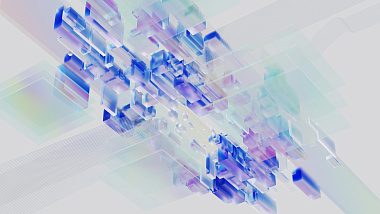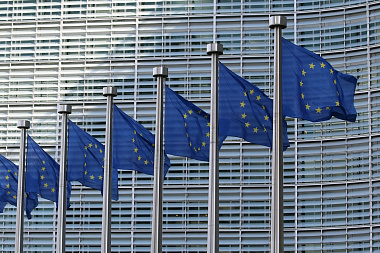The Draft Law proposes amendments which will make it possible to allocate shares in the exclusive right to the results of intellectual activity and means of individualisation (“IP Assets”) and to create a mechanism for disposing of such shares. Such mechanisms are already in place in some jurisdictions (“joint ownership of intellectual property”), but the questions of allocating shares in the exclusive right to IP Assets remain largely outstanding in the laws of the Russian Federation.
Planned amendments to the Russian Civil Code
The Draft Law puts forward significant amendments to Part Four of the Russian Civil Code and repeals or amends some other legislation.The key provisions of the Draft Law may be summarised as follows:
- As a rule, the exclusive right to IP Assets may be jointly owned by several persons (“co-owners”), with the relations of such co-owners determined by an agreement between them;
- The Draft Law imposes requirements on co-owners agreements. Such agreements shall be made in writing and set out the terms and conditions relating to the procedure whereby the right holders are to adopt decisions on the disposal of the exclusive right to IP Assets and on the procedure for the right holder ceasing to be a co-owner.
- The size of shares in the exclusive right owned jointly by several co-owners may be prescribed by law, agreement of the co-owners, and, in the event of a dispute, by court. Unless the law or the co-owners agreement establishes a different size of shares, the shares shall be deemed to be equal;
- The exclusive right to IP Assets may be disposed of with the consent of each co-owner (unless otherwise provided under the co-owners agreement or the Russian Civil Code);
- Each of the co-owners may waive his or her share in the exclusive right to IP Assets in favour of the other co-owners. Unless otherwise provided by law or the co-owners agreement, such person’s share shall pass to all other co-owners, for no consideration, in proportion to their respective shares;
- As a rule, the revenue from using IP Assets and the expenses relating to the maintenance of the IP Assets shall be allocated among the co-owners according to their respective shares;
- Each of the co-owners has the right to independently take steps to protect their rights to the IP Assets; at the same time each co-owner is under an obligation to give notice of his/her actions to the other co-owners. Damages or compensation received from IP infringers shall be distributed among the co-owners according to their respective shares;
- The Draft Law limits the right to levy execution on the exclusive right of the right holder who is the author of the IP Asset or his or her heir;
- Allocation of shares and disposal of shares in the exclusive right to the registered IP Assets shall be subject to state registration.
- Work Products;
- Registered Software;
- Inventions, Utility Models and Industrial Designs;
- Trademarks;
- Integrated Circuit Topologies.
Current status of the Draft Law
The Draft Law was introduced in the State Duma on 8 November 2023 by [deputies] P. V. Krasheninnikov and A. A. Klishas; the package of documents submitted already contains a favourable opinion of the Government of the Russian Federation supporting the Draft Law provided it is finalised before the second reading.To date (as of 10 November 2023), the Draft Law has already been supported by the State Duma Committee on State Construction and Legislation, and has been placed on the schedule of the current autumn session of the State Duma. The opinion of the Legal Department of the State Duma’s Central Office is expected to be received by 27 November 2023.
As provided under article 2 of the Draft Law, the amendments will come into force 180 days after its official publication. Therefore, if the Draft Law is passed by the State Duma during the current autumn session, one can expect these amendments to come into force as early as in mid-2024.
Preliminary conclusions
At this stage, the following preliminary conclusions can be drawn as a result of our analysis of the Draft Law:- If the Draft Law is enacted, partners may structure the transaction by merely concluding a co-owners agreement (for example, in the areas where R&D is needed), rather than by creating a corporate undertaking and transferring the exclusive right to the IP Assets to such undertaking;
- Co-ownership of the IP Assets may be simpler and more convenient in terms of asset management and distribution of income from using the IP Assets, as there is no need to hire employees for the joint venture, structure the undertaking’s governance, enter into a corporate agreement, create and support the work of the governing bodies, agree on a reporting mechanism, and potentially exit from the joint venture project;
- The Draft Law opens up additional opportunities for structuring licensing relations;
- The innovations in the Draft Law may also have a significant impact on the early stages of structuring relations between the founders of technology companies, as they will make it possible to agree in advance on the shares in the would-be product at a stage when the company and the product are yet non-existent;
- From the viewpoint of M&A transactions, certain alternatives will become available, as it will be possible to directly acquire a share in the exclusive right, rather than an interest in a company. This will significantly simplify the structure of many transactions.









